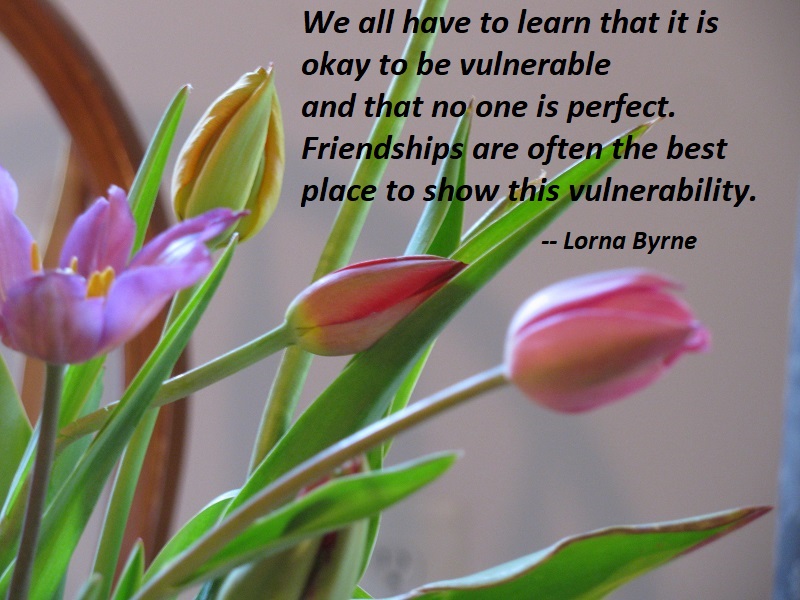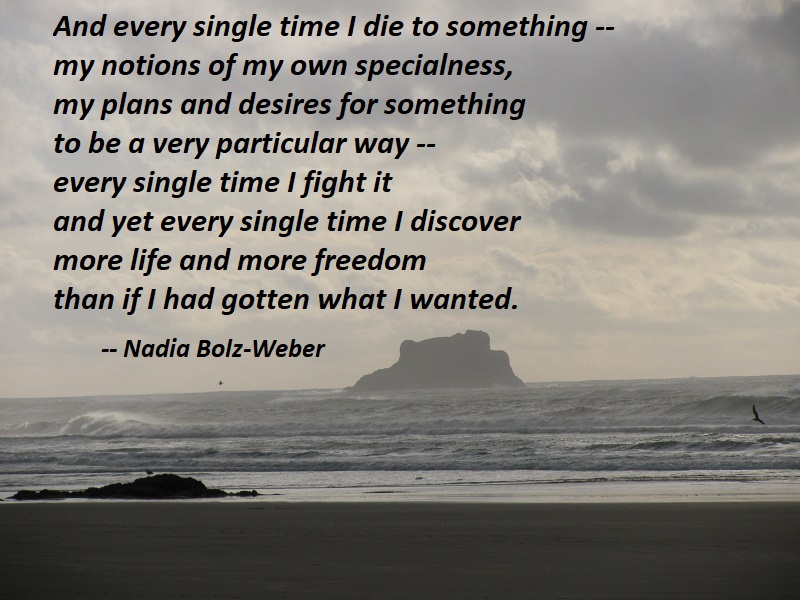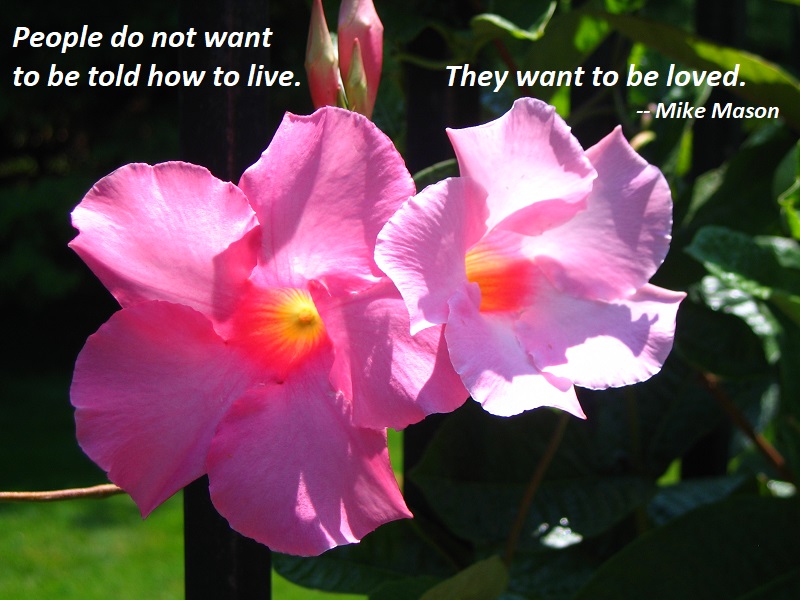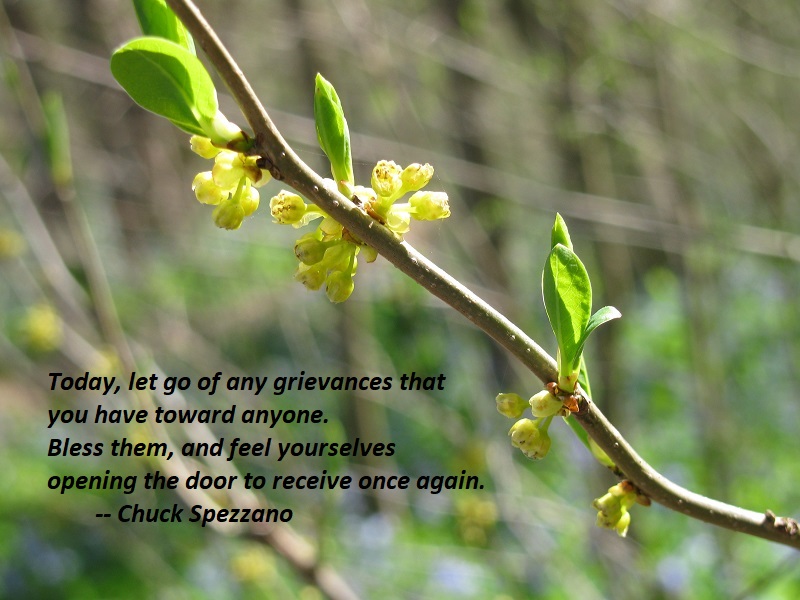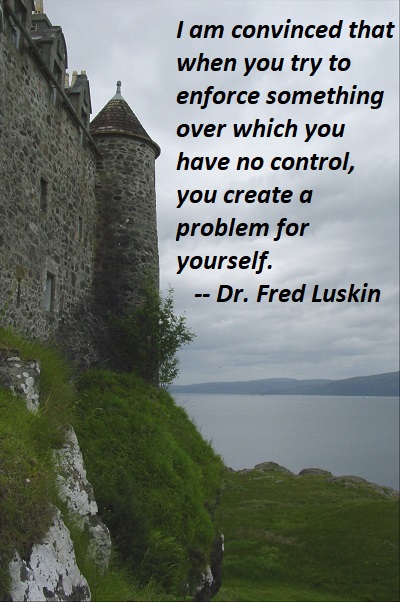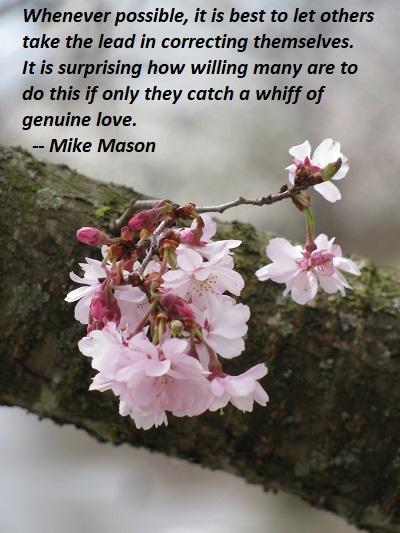
We think we know so well what other people need. Often enough we do. But before we can tell what we know, we must first, paradoxically, forget we ever knew it. We must enter the fire of a person’s living presence and accept the risk of spontaneous, unpremeditated relationship. Only in the midst of the free fall of real personal encounter may we discover, when we least expect it, the wisdom to confront a thorny problem.
Whenever possible, it is best to let others take the lead in correcting themselves. It is surprising how willing many are to do this if only they catch a whiff of genuine love. In this atmosphere, as often as not, the forbidden issue will actually be raised by the other person first, and suddenly we’re invited to give the counsel stored up within us. Alternatively, once we come to know and appreciate others, it may no longer seem so important to give them a piece of our mind!
— Mike Mason, Practicing the Presence of People, p. 155
[Photo: South Riding, Virginia, April 11, 2018]
